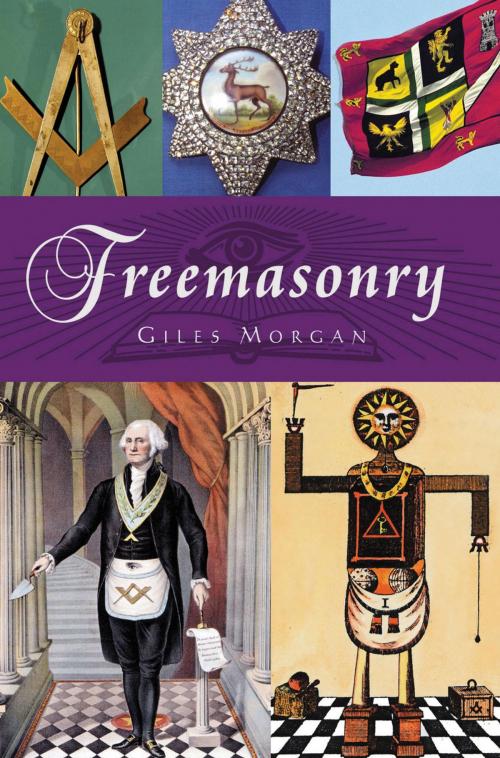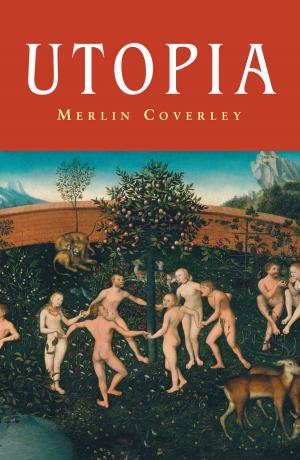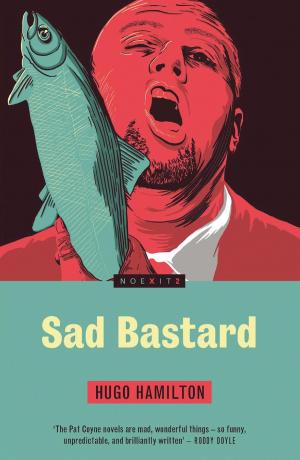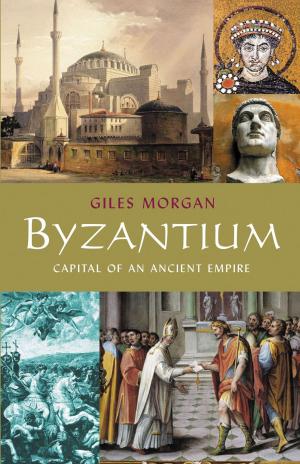| Author: | Giles Morgan | ISBN: | 9781842436783 |
| Publisher: | Oldcastle Books | Publication: | August 10, 2012 |
| Imprint: | Pocket Essentials | Language: | English |
| Author: | Giles Morgan |
| ISBN: | 9781842436783 |
| Publisher: | Oldcastle Books |
| Publication: | August 10, 2012 |
| Imprint: | Pocket Essentials |
| Language: | English |
The world of Freemasonry exerts a powerful influence on the modern imagination. In an age when perceived notions of history are being increasingly questioned and re-examined it is perhaps inevitable that secretive societies such as the Freemasons find themselves at the center of considerable speculation and conjecture. To some they represent a powerful and shadowy elite who have manipulated world history throughout the ages, whilst to others they are an altogether more mundane and benign fraternal organization. Freemasonry today is a worldwide phenomenon that accepts membership from a diverse ethnic and religious range of backgrounds. Entry to Freemasonry requires a belief in a Supreme Being although it insists it does not constitute a religion in itself. The rituals and practices of Freemasonry have been viewed as variously obscure, pointless, baffling, sinister, and frightening. An intensely stratified and hierarchical structure underpins most Masonic orders whose activities are focused within meeting points usually termed as Lodges. Giles Morgan examines its historical significance (George Washington and Benjamin Franklin were both Masons) and its position and role in contemporary society.
The world of Freemasonry exerts a powerful influence on the modern imagination. In an age when perceived notions of history are being increasingly questioned and re-examined it is perhaps inevitable that secretive societies such as the Freemasons find themselves at the center of considerable speculation and conjecture. To some they represent a powerful and shadowy elite who have manipulated world history throughout the ages, whilst to others they are an altogether more mundane and benign fraternal organization. Freemasonry today is a worldwide phenomenon that accepts membership from a diverse ethnic and religious range of backgrounds. Entry to Freemasonry requires a belief in a Supreme Being although it insists it does not constitute a religion in itself. The rituals and practices of Freemasonry have been viewed as variously obscure, pointless, baffling, sinister, and frightening. An intensely stratified and hierarchical structure underpins most Masonic orders whose activities are focused within meeting points usually termed as Lodges. Giles Morgan examines its historical significance (George Washington and Benjamin Franklin were both Masons) and its position and role in contemporary society.















